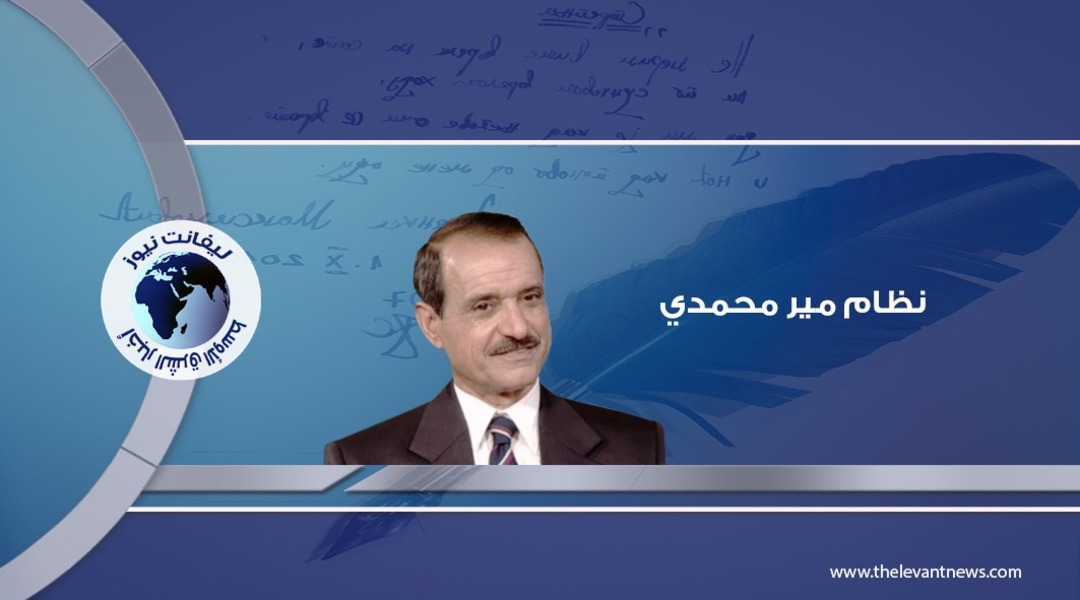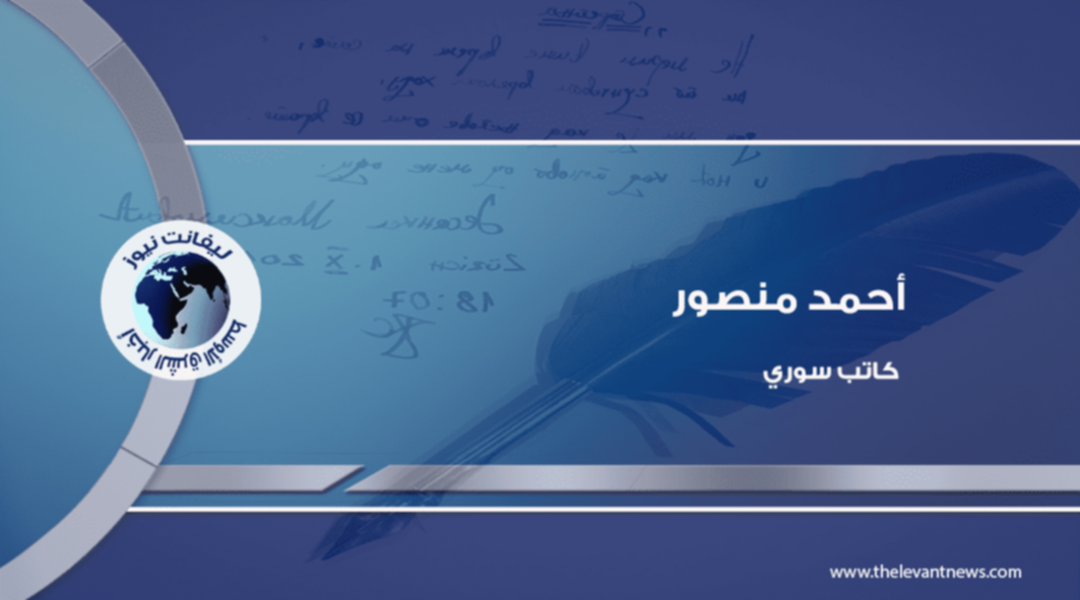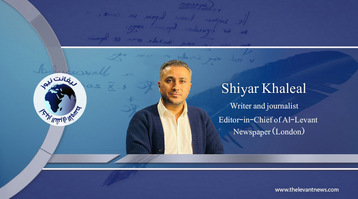-
Iran's Strategic Dilemma in the Middle East: Options and Consequences?

By Mir Mohammad
The Middle East is experiencing escalating tensions, with the Iranian regime finding itself mired in a quagmire of regional conflicts of its own making. For years, Supreme Leader Ali Khamenei has claimed that involvement in conflicts across the region—in countries such as Syria, Lebanon, Palestine, Yemen, and Iraq—was aimed at preventing war from reaching Iran. He has repeatedly stated that Iran fights abroad "so that war does not reach Iran." This position was echoed by Hossein Shariatmadari, the editor-in-chief of Kayhan, the newspaper that speaks for Khamenei, who stated, "We pay the price for our security." Former parliamentary speaker Ali Larijani also reinforced this view, saying, "This is related to our national security and interests." However, the reality on the ground has changed, and now the Iranian regime finds itself on the front lines of an expensive war, with only two options: either engage fully and bear the consequences or surrender and face the results of defeat.
**Iran's Dilemma: No Middle Ground**
The Iranian regime must now clearly define its role in the region. There is no possibility of returning to the past or adopting a middle solution. The regime's involvement in regional conflicts has reached a critical crossroads, making it increasingly clear that there is no escape from the consequences of Khamenei's expansionist policies. Foreign Minister Abbas Araqchi has made several visits to Saudi Arabia, Qatar, Oman, Iraq, Lebanon, Syria, Jordan, Egypt, Turkey, Yemen, and Kuwait, claiming to discuss a ceasefire and peace agreements. However, these diplomatic efforts have yielded no results. The regime's vision for a ceasefire—which revolves around returning to the status quo prior to October 7, 2023—has been dismissed as unrealistic and unfeasible.
**Demands from the Other Side Are Clear**
They want the Iranian regime without its proxy forces, without its missile capabilities and nuclear ambitions. For the regime, accepting these terms would mean relinquishing its regional influence and would be seen as surrender, akin to drinking from the "poisoned chalice" that Khomeini referred to during the Iran-Iraq War. Khamenei also rejects these demands, knowing that acceptance would spell political disaster and put the regime’s strategic assets at risk both regionally and domestically.
**Regional Threats and Their Consequences**
Khamenei's regime has not hesitated to issue stern threats. One of the solutions suggested by his advisors to halt the war involves attacking regional countries if the conflict extends to Iran's borders. The idea of attacking southern Arab states, which Khamenei sees as allies of the West, has been proposed as a serious option. Ali Larijani specifically warned, "In due course, we will hold Arab countries accountable." Similarly, Ibrahim Razaei, spokesperson for the National Security and Foreign Policy Committee of the Iranian Parliament, stated, "Anyone involved in the Israeli dossier, whether planners, executors, or supporters, will be punished."
These threats are not trivial; the prospect of such operations would significantly impact the global oil market. For instance, approximately two million barrels of Saudi oil pass daily through the Strait of Hormuz to China. Any military action in the region would inevitably draw the United States, Western powers, and regional states like Saudi Arabia and the UAE, as well as China, into the conflict.
It has been reported recently that Arab countries have contacted Israel, affirming their support for any Israeli military response against Iran and requesting Israel to notify them in advance of any attacks so they can prepare for any possible retaliatory response from Iran. The consequences of Iran attacking its Arab neighbors would be catastrophic, not only for the region but also for the Iranian regime itself. As noted in the report, "The main loser in such a scenario would be the regime in Tehran." Can Iran survive such a conflict?
Currently, the Iranian regime finds itself in increasing isolation. Countries like Israel, the United States, and both Western and regional powers stand against Tehran, while major powers like China and Russia remain neutral at best, unwilling to support Iran in the event of war. Moreover, the network of proxy forces that Iran has relied on has weakened, complicating its strategic position. As noted by Al-Sharq Al-Awsat, "Iran’s external front has dramatically collapsed, leaving it defenseless after the destruction of Hamas and Hezbollah’s capabilities."
Internally, the regime faces significant challenges in garnering support for a new war. Most Iranians, with few loyalists, lack the motivation to fight in such a conflict. Even the official newspaper Jomhouri Eslami warned that today's calls for war are no different from "the calls of the people of Kufa to Imam Hussein, which ended with their betrayal of him at the start of battle." The newspaper Ham Mihan added, "War is poison, and why should we believe that people support war? Today, there is no large
You May Also Like
Popular Posts
Caricature
Syrians' concerns now
- December 10, 2024
Syrians' concerns now #Syria
#Bashar_al-Assad
#Liberation_of_Syria
#Syrians
#Future_of_Syria
#Levant_News

opinion
Report
ads
Newsletter
Subscribe to our mailing list to get the new updates!




















